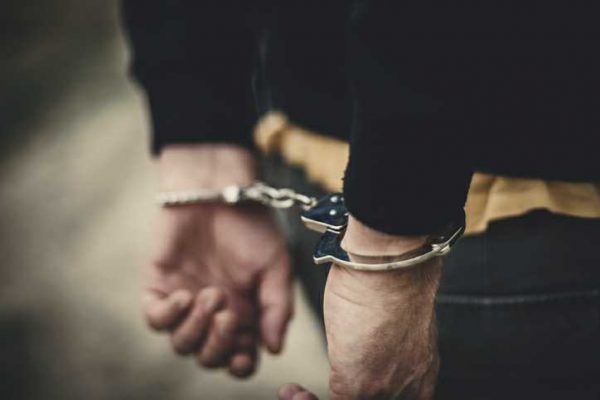
Being arrested and charged with a DWI can be scary, especially the first time. You may not have had anything to drink, or perhaps your blood alcohol concentration (BAC) level was well within the legal limit. Yet, a breath test yielded a BAC reading of 0.08 percent or greater.
Once a police officer decides to place you under arrest and charge you with DWI, you can't talk your way out of it. Anything you say to an officer — even when arguing your innocence — can later be used against you.
If you were arrested, booked, and charged with DWI, you may be under the impression that your life is about to change for several months or years. It's important to know that you have legal options and rights that must be upheld. After your arrest, your first course of action should be to consult with an experienced Texas DWI defense attorney.
What can I expect during my consultation?
During your DWI defense consultation, your attorney may ask you some questions regarding your arrest, such as:
- If the police officer had a probable cause to pull you over or if you committed a traffic violation
- If a field sobriety test or breath test was administered
- What results the breath test yielded
- Any statements you made to police before or after your arrest
- If your driver's license was suspended or revoked
Your attorney will need to know all the details of your DWI arrest to determine a viable strategy for your defense. Amanda Webb - DWI Lawyer offers free, no-obligation case evaluations.
How can my defense attorney help me fight the charges?
Your attorney can help you build a strong legal defense based on the information you provide during your consultation and through an investigation.
When your case goes to trial, the prosecutor will use any evidence brought forth by the arresting officer to convict you. If the only evidence is a breath test result, the prosecutor will rely primarily on that. Breath test results can be disputed in court since they don't always produce accurate results, however. If your BAC reading was only slightly over the legal limit, then it may be difficult to prove that the test results are accurate.
Your attorney may also argue against the police officer's reason for pulling you over. DWI checkpoints are illegal in Texas, but that doesn't mean an officer's suspicion alone won't lead to a traffic stop. In many cases, police will follow an individual and wait for the slightest traffic infraction. This could include not coming to a complete stop at a stop sign or crossing a line in the road.
If you are facing DWI charges in Texas, don't hesitate to get legal help. Contact Amanda Webb - DWI Lawyer online or call our Conroe office at 800-395-5951.
